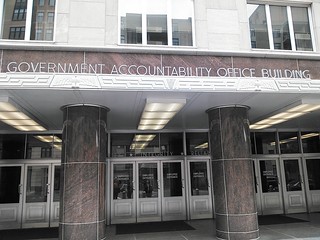What costs
less than a latte or a slice of pizza?
 A day’s electricity from Florida Power and Light, according to
FPL VP Pam Rauch who also is NextEraEnergy VP and President of yet
another pipeline company shell that wants to pull a 100 foot gas pipeline through
Georgia for the benefit of Florida.
A day’s electricity from Florida Power and Light, according to
FPL VP Pam Rauch who also is NextEraEnergy VP and President of yet
another pipeline company shell that wants to pull a 100 foot gas pipeline through
Georgia for the benefit of Florida.
Still more
names in the pipeline shell game:
Pamela Rauch who filed FP14-2 for
Florida Southeast Connection LLC (FSC),
is
Vice President, Development and
External Affairs for NextEraEnergy
and
Vice President of External Affairs for Florida Power & Light
Company (FPL) in January since 2008;
on her
 LinkedIn profile
she has the NextEra logo next to the FPL name.
Here’s a nice picture of her
making a case for an FPL rate increase for, among other things,
LinkedIn profile
she has the NextEra logo next to the FPL name.
Here’s a nice picture of her
making a case for an FPL rate increase for, among other things,
“our ability to finance the billions of dollars in improvements that keep reliability high and bills low, and that create thousands of jobs for you and your neighbors.”
Those would include “modernizations” as Spectra rep Andrea Grover put it in Moultrie like closing coal plants and building this pipeline through Georgia by Spectra Energy, a company with a corrosive-record of property damage and PCB-spilling environmental damaga for neighbors like hers in Florida. We could have more jobs for people right here through rooftop solar, and we’d get energy, reduced bills, and no risk of PCB or other spills.
What do you think about this, neighbors in Georgia? Maybe you’d like to get the Lowndes County Commission to get Spectra and maybe FSC to come explain themselves?
FERC file list for FP14-2 and text of the preliminary filing approval for Florida Southeast Connection: Continue reading










